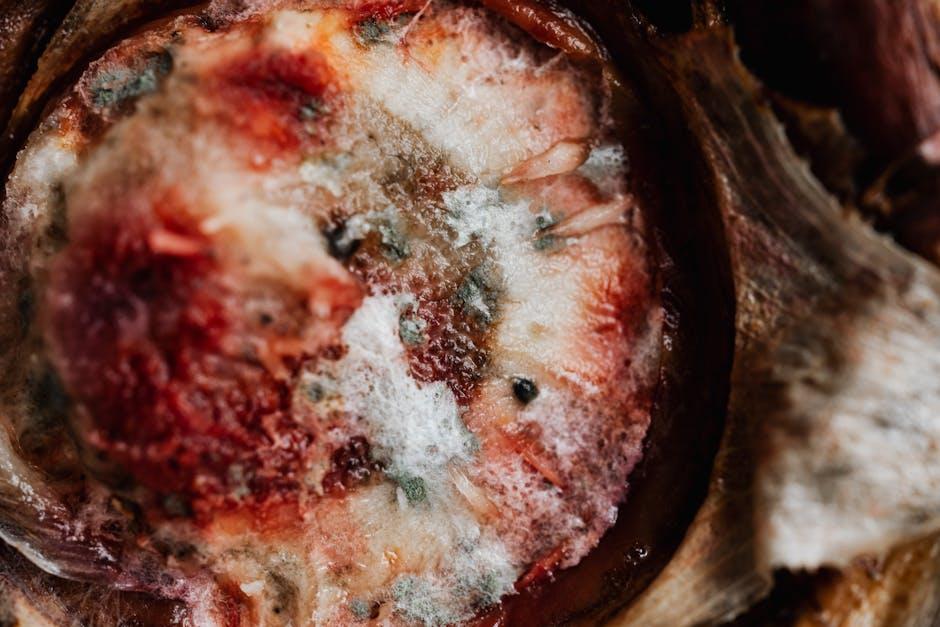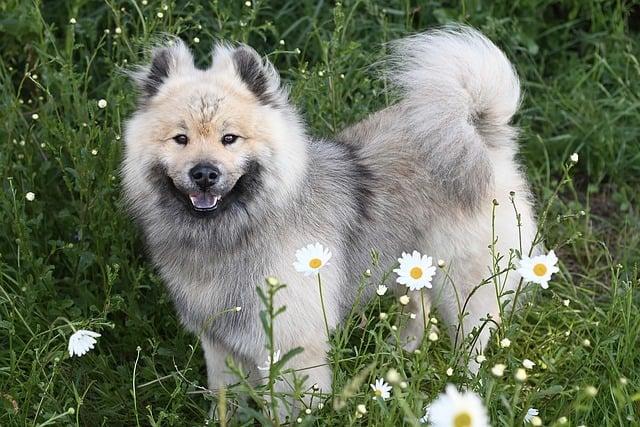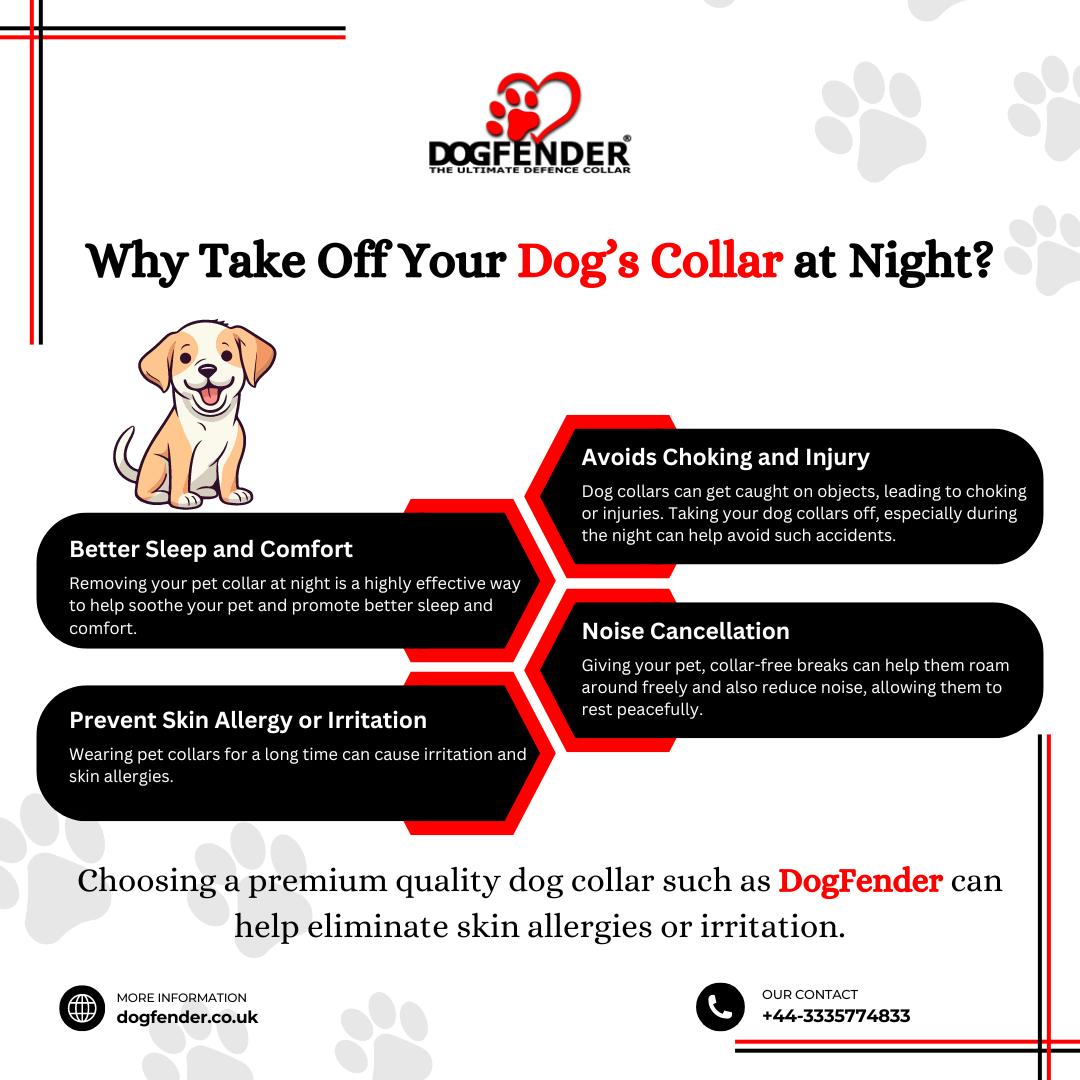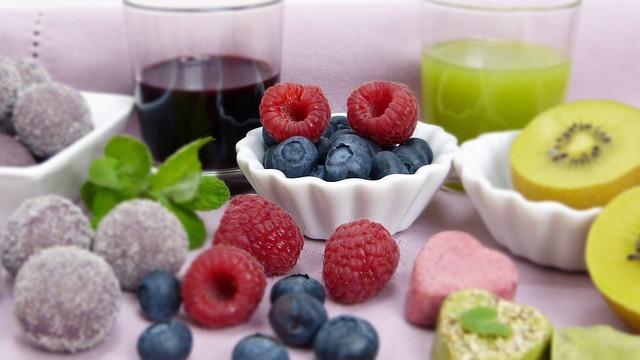When it comes to our beloved canine companions, nothing brings more joy than seeing their tails wag with delight. As devoted pet parents, we often express our affection by sharing bits of our world with them, including the occasional treat from our own plates. However, while our intentions are rooted in love, it’s crucial to understand that many human foods can pose serious health risks to dogs. This article will guide you through the potential dangers lurking in everyday foods, empowering you to make informed choices that ensure your furry friend’s safety and well-being. By the end, you’ll have a clearer understanding of how to protect your dog from accidental harm, allowing you both to enjoy a happy and healthy life together.
Understanding Why Some Foods Are Harmful to Dogs
It’s natural to want to share your meals with your furry friend, but not all human foods are safe for dogs. Certain ingredients can lead to serious health issues, making it essential for pet owners to be aware of the risks. Grapes and raisins, for instance, are notorious for causing kidney failure in dogs, even in small amounts. Chocolate, another common treat for humans, contains theobromine, which can be toxic to dogs and lead to symptoms ranging from vomiting to seizures.
To ensure your dog’s safety, avoid feeding them the following foods:
- Onions and garlic: These can damage red blood cells and lead to anemia.
- Avocado: Contains persin, which can cause vomiting and diarrhea.
- Macadamia nuts: Can lead to weakness, overheating, and vomiting.
- Alcohol: Even small amounts can cause intoxication, metabolic acidosis, and even death.
Understanding the impact of these foods on your dog’s health can prevent unintended harm and ensure they live a long, happy life by your side. Remember, when in doubt, it’s always best to stick to dog-safe treats and consult your veterinarian for guidance.

Recognizing Symptoms of Food Poisoning in Your Canine Companion
It’s essential to be vigilant in identifying the signs that your furry friend may have consumed something harmful. While dogs are known for their indiscriminate eating habits, certain human foods can lead to food poisoning. Recognizing the symptoms early can make a significant difference in your dog’s recovery. Here are some common signs to watch for:
- Vomiting and Diarrhea: These are often the first indicators of food poisoning in dogs. If your dog suddenly starts experiencing frequent bouts, it might be time to consult your veterinarian.
- Lethargy: A noticeable drop in energy levels or disinterest in usual activities can be a sign that something is amiss.
- Loss of Appetite: If your dog is refusing to eat, it could be a sign of gastrointestinal distress.
- Excessive Drooling: This can occur if your dog has ingested something toxic, as their body attempts to expel it.
- Uncoordinated Movements: Difficulty walking or maintaining balance might indicate neurological involvement from toxic food ingestion.
Prompt attention to these symptoms and a quick response can be life-saving. Always keep a list of emergency contacts handy, and remember that prevention is better than cure—ensure that foods toxic to dogs, like chocolate, grapes, and onions, are kept out of reach.

Safe Alternatives to Common Human Treats for Dogs
While it’s tempting to share your snacks with your furry friend, many human foods can be harmful to dogs. Thankfully, there are plenty of safe and tasty alternatives that will keep your pup’s tail wagging without compromising their health. Consider these dog-friendly treats that are both nutritious and delicious:
- Carrot Sticks: Low in calories and high in fiber, carrots are excellent for your dog’s teeth and overall health.
- Apple Slices: Remove the seeds and core, and you’ve got a crunchy treat that’s rich in vitamins A and C.
- Pumpkin Puree: A spoonful of plain pumpkin can aid digestion and is a favorite among many dogs.
- Plain Popcorn: Air-popped and unsalted, popcorn is a fun snack that’s also low in calories.
- Blueberries: Packed with antioxidants, these berries make for a sweet and healthy reward.
Remember to introduce any new treat gradually and in moderation to ensure it agrees with your dog’s diet. With these options, you can indulge your pet without the risks associated with many human foods.

Practical Tips for Keeping Your Dogs Diet Healthy and Balanced
Ensuring your furry friend maintains a nutritious and well-balanced diet requires a bit of diligence and awareness. While sharing table scraps might seem harmless, many human foods can pose serious health risks to dogs. To keep your pet’s diet on track, consider these practical tips:
- Stick to dog-friendly foods: Focus on foods specifically formulated for canine health, such as high-quality kibble or wet food that meets all their nutritional needs.
- Moderation is key: If you choose to give treats, make sure they don’t exceed 10% of your dog’s daily caloric intake to prevent weight gain and nutritional imbalance.
- Consult your vet: Before introducing any new foods or supplements, seek advice from your veterinarian to ensure they’re safe and beneficial for your dog.
Incorporating these tips into your daily routine will help keep your dog’s diet safe, healthy, and balanced, allowing them to thrive and live their happiest life.

